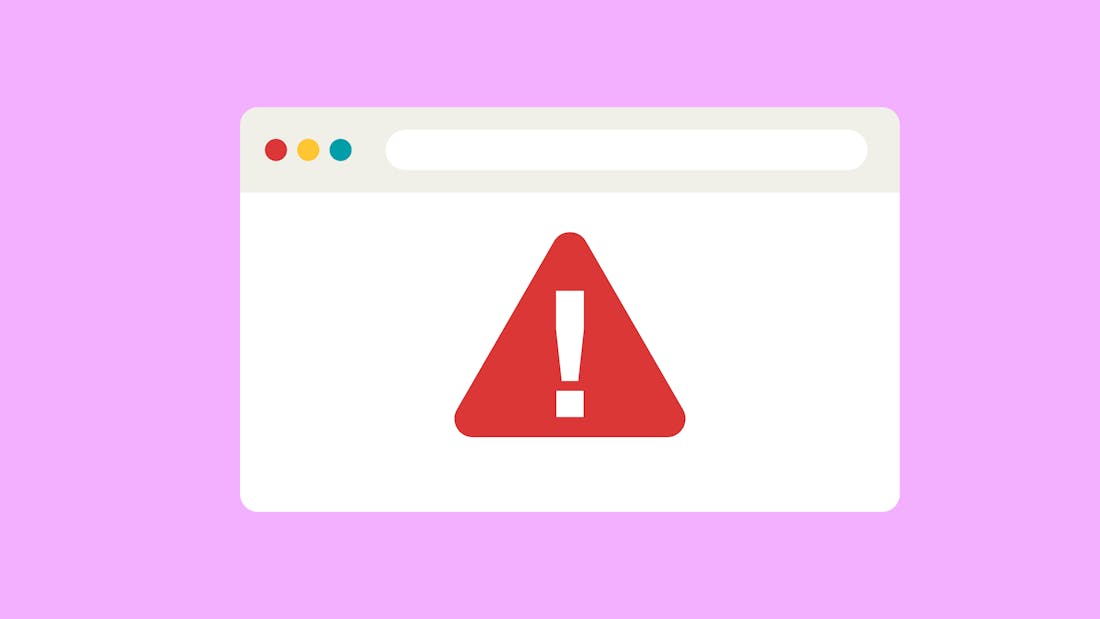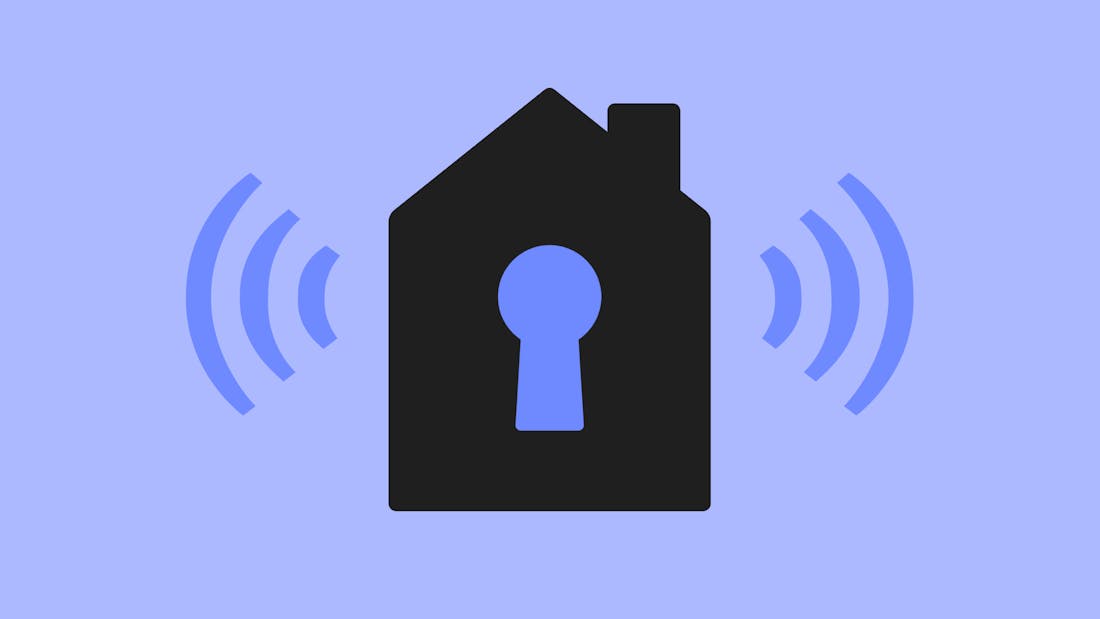
- guidePrivacy & Security
Top 5 online cyber threats, and how to stay safe
Staying one step ahead of the latest threats is more important than ever, as cyber criminals find new ways to try and get their grubby hands on our personal info.


Team Cuckoo | Cuckoo HQ
Sunglasses, factor 50 and endless Peppa Pig episodes – all family holiday must-haves, right? Yep, even when we’re away, our tech tags along with us.
The thing is, your hotel’s Wi-Fi might be putting your data at risk – unintentionally, of course. That means things like streaming YouTube, uploading poolside pics, or checking in on work (boo) could leave you open to hackers and scammers.
So, we’ve put together a little checklist to keep your data and devices safe when abroad.
Those security updates you keep ignoring? Maybe hit the ‘download’ button before you head off. The latest operating systems on your devices mean the very best safeguards against things like hacking.
Since going behind the reception desk to check their broadband’s security settings is rather frowned upon, it’s best to use a VPN to encrypt your data. Download a VPN extension on your laptop ahead of travelling – or VPN app on your phone or tablet.
Public USB ports are everywhere now. (Those are the little phone charging spots found in hotels and airports). Sadly though, they can easily be tampered with to install malware on the device you’re charging.
Luckily, there’s an easy alternative – portable power banks, which 37% of Brits are already using, according to YouGov. Power banks mean you can charge on the go, and you can keep using them over and over.
Killing time at the airport gate? It’s tempting to jump on the free Wi-Fi and scroll away the time. But public networks – especially in busy places like airports – aren’t always the safest. They can leave your personal info open to prying eyes.
If you really need to get online, using a VPN adds an extra layer of protection. Otherwise, it’s worth downloading your shows, playlists, or podcasts before you go. A little prep means you can stay entertained and keep your data safe.
This tip is a great one whether you’re travelling or not. Make your passwords totally, utterly and completely un-guessable, using a combination of words, special characters and numbers. Even better, use two-factor authentication for extra security, and a password manager to remember all that info safely.
Sorry to be boring, but live updates can actually be a bit of a safety issue. If you tell the whole world that you’re away, you might just set yourself up as a target for home burglary. So wait until your home to share your holiday highlights – for total peace of mind.
Phishing emails, fake booking confirmations and dodgy “free Wi-Fi” pop-ups are suspect – whether you’re away or not. So keep your wits about you – if something feels off, it probably is.
If the kids leave the iPad on the plane, at least the tears won’t last forever – as long as it’s insured. Most travel insurance policies let you add gadgets, so it’s worth sorting before you set off. Whether you’re relaxing on a warm beach somewhere or staycationing UK-side – a little safety prep goes a long way. Stick to these tips above, so you can switch off as much as possible.

Staying one step ahead of the latest threats is more important than ever, as cyber criminals find new ways to try and get their grubby hands on our personal info.

As we rely on the internet more and more for paying bills, booking trips and buying stuff, getting scammed is a real concern. So how to spot the rogue sites? Our top tips will help keep you safe.

If you have a smart home, you’ll know the joys of dimming your living room lights, putting the dishwasher on and turning up the heating, all with a few taps on your phone. But you might not know that these smart devices are also vulnerable to cyber attacks.